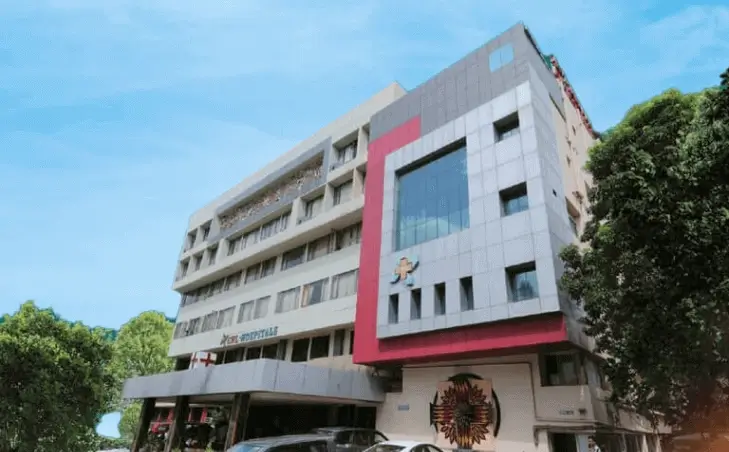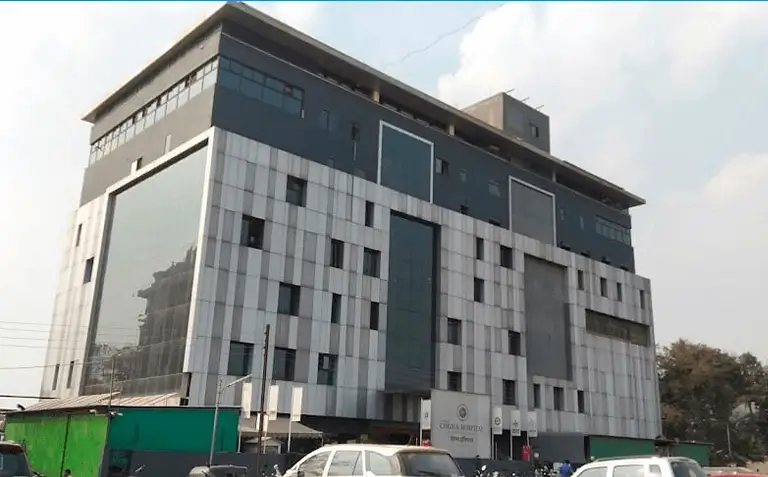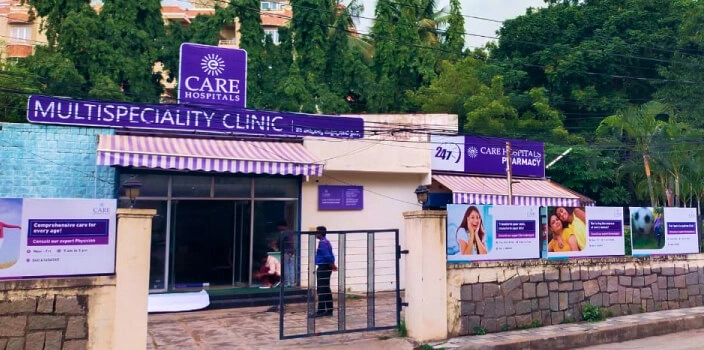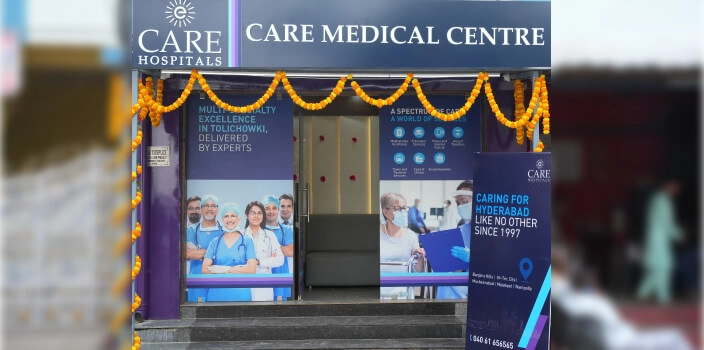-
Doctors
-
Specialities & Treatments
Centre of Excellence
Specialties
Treatments and Procedures
Hospitals & Directions HyderabadCARE Hospitals, Banjara Hills CARE Outpatient Centre, Banjara Hills CARE Hospitals, HITEC City CARE Hospitals, Nampally Gurunanak CARE Hospitals, Musheerabad CARE Hospitals Outpatient Centre, HITEC City CARE Hospitals, Malakpet
HyderabadCARE Hospitals, Banjara Hills CARE Outpatient Centre, Banjara Hills CARE Hospitals, HITEC City CARE Hospitals, Nampally Gurunanak CARE Hospitals, Musheerabad CARE Hospitals Outpatient Centre, HITEC City CARE Hospitals, Malakpet Raipur
Raipur
 Bhubaneswar
Bhubaneswar Visakhapatnam
Visakhapatnam
 Nagpur
Nagpur
 Indore
Indore
 Chh. Sambhajinagar
Chh. SambhajinagarClinics & Medical Centers
Book an AppointmentContact Us
Online Lab Reports
Book an Appointment
Consult Super-Specialist Doctors at CARE Hospitals

Best Hospitals for Mitral Valve Replacement Surgery in Hyderabad
- Advanced Technology
- Shorter Hospital Stay
- Pre & Post-Operative Care
- All Insurance Accepted

Chat With Our Experts
Get second opinion on Whatsapp
25 lakhs+
Happy Patients
Experienced and
skilled surgeons
17
Health Care Facilities
Top most Referral Centre
for Complex Surgeries
Advanced Mitral Valve Replacement Surgery
Mitral valve surgery, a critical cardiac procedure, demands precision, expertise, and careful planning. This surgical procedure repairs or replaces the mitral valve in the heart, which regulates blood circulation between the left atrium and left ventricle. At CARE Hospitals, recognized as the Best Hospital for Mitral Valve Surgery, we blend a highly experienced surgical team with cutting-edge technology, ensuring accurate diagnosis, safer surgery, and better outcomes.
Why CARE Group Hospitals is Your Top Choice for Mitral Valve Replacement Surgery in Hyderabad
CARE Hospitals stands out as the premier destination for mitral valve surgery due to:
- Highly skilled cardiac surgery teams with a proven track record of successful complex valve procedures
- State-of-the-art operating theatres equipped with advanced cardiac surgery technology
- Leading-edge surgical equipment for precision and minimally invasive techniques
- Comprehensive pre and post-operative care with meticulous rehabilitation planning
- Patient-centric approach focusing on both physical and emotional well-being
Best Mitral Valve Replacement Surgery Doctors in India


Cutting-edge surgical Innovations at CARE Hospital
At CARE Hospitals, we harness the latest surgical innovations to enhance the outcomes of mitral valve procedures:
- Minimally Invasive Mitral Valve Surgery: Offering smaller incisions and faster recovery
- Robotic Mitral Valve Surgery: Enhancing surgical precision and control
- 3D Echocardiography: Providing detailed valve imaging for precise surgical planning
- MitraClip Procedure: Offering a catheter-based option for high-risk patients
Conditions for Mitral Valve Replacement Surgery
Doctors perform mitral valve surgery for various conditions, including:
- Mitral valve regurgitation (leaky valve)
- Mitral valve stenosis (narrowed valve)
- Mitral valve prolapse with significant regurgitation
- Infective endocarditis affecting the mitral valve
- Rheumatic heart disease involving the mitral valve
Get Right Diagnosis, Treatment & Cost Estimate Details to
Make a Fully Informed Decision.
Types of Mitral Valve Replacement Surgery Procedures
CARE Hospitals offers different types of mitral valve procedures tailored to each patient’s specific needs:
- Mitral Valve Repair Surgery: Preserving the patient's own valve when possible
- Mitral Valve Replacement: Using mechanical or biological valve prostheses
- Minimally Invasive Mitral Valve Surgery: Performed through small incisions
- Robotic-assisted Mitral Valve Surgery: Offering enhanced precision and smaller incisions
- Transcatheter Mitral Valve Repair (MitraClip): For select high-risk patients
Pre-surgery Preparation
Preparing for mitral valve replacement (MVR) surgery involves several essential steps to ensure a safe and successful procedure. Our cardiac team guides patients through detailed preparation steps, including:
- Comprehensive cardiac evaluation
- Echocardiogram and other imaging studies
- Blood tests and electrocardiogram (ECG)
- Medication review and adjustments
- Preoperative counselling and emotional support
- Smoking cessation and support (if applicable)
Mitral Valve Replacement Surgery Procedure
Depending on the patient's condition, the procedure may involve traditional mitral valve replacement open-heart surgery or a minimally invasive approach. Here's a step-by-step overview of the process:
- Administration of general anaesthesia
- Incision (a large incision for open surgery or a few small incision for a minimally invasive approach)
- Connection to the heart-lung bypass machine
- Access to the mitral valve
- Repair or replacement of the valve as determined by the surgeon
- Careful closure and monitoring
For MitraClip procedures:
- A small incision in the groin
- Insertion of a catheter to guide the MitraClip into place
- Deployment of the clip to reduce mitral regurgitation
- Removal of the catheter
- Closure of the incision
Our skilled cardiac surgeons ensure each step is performed with utmost precision and care, prioritising both surgical efficacy and patient safety.
Post-surgery Recovery
Recovery after mitral valve surgery is a crucial phase. At CARE Hospitals, we provide:
- Monitoring in the recovery room for vital signs until the patient regains conscious
- Expert pain management
- Cardiac rehabilitation program
- Medication management (including anticoagulation therapy if needed)
- Advise on heart-friendly diet
- Ongoing emotional support and counselling
Most patients stay in the hospital 5-7 days after open surgery, with a shorter stay for minimally invasive procedures.
Risks and Complications
Mitral valve surgery, like any major operation, carries some risks. These may include:
- Bleeding
- Blood clot formation
- Infection
- Stroke
- Arrhythmias
- Valve-related complications (e.g., valve failure, infection)
- Temporary or long-term kidney problems

Benefits of Mitral Valve Replacement Surgery
Mitral valve surgery offers several significant benefits:
- Improved heart function and blood flow
- Relief from cardiac symptoms like shortness of breath and fatigue
- Enhanced quality of life
- Reduced risk of heart failure and other cardiac complications
- Potential for improved exercise tolerance
Insurance Assistance for Mitral Valve Replacement Surgery
At CARE Hospitals, we provide comprehensive insurance assistance for mitral valve replacement surgery to ensure a smooth and hassle-free experience for our patients. Our dedicated team assists patients in:
- Verifying insurance coverage
- Obtaining pre-authorisation
- Explaining out-of-pocket costs
- Exploring financial assistance options if needed
Second Opinion for Mitral Valve Replacement Surgery
Our medical team encourage patients to seek a second opinion before undergoing mitral valve surgery. CARE Hospitals offers comprehensive second opinion services, where our expert cardiac specialists:
- Review your medical history and diagnostic tests
- Discuss treatment options and their potential outcomes
- Provide a detailed assessment of the proposed surgical plan
- Address any concerns or questions you may have
Conclusion
Mitral valve replacement (MVR) surgery is a critical cardiac procedure that aims to restore proper blood flow through the heart, improving heart function and overall quality of life. With Advanced Mitral Valve Replacement Surgery, our team of expert cardiac surgeons, state-of-the-art facilities, and comprehensive care approach make us the top choice for mitral valve procedures in Hyderabad. Trust CARE Hospitals to guide you through every step of your cardiac health journey with expertise, compassion, and unwavering support.
Mitral Valve Surgery Hospitals in India
-
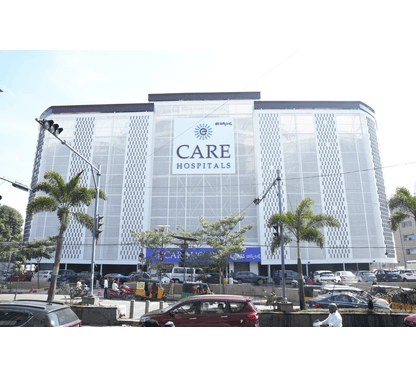
CARE Hospitals, Banjara Hills, Hyderabad
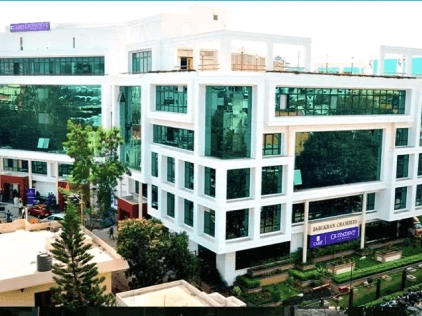
CARE Hospitals Outpatient Centre, Banjara Hills, Hyderabad
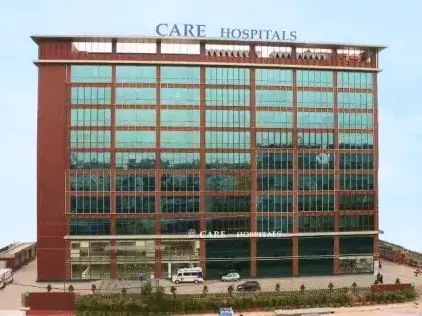
CARE Hospitals, HITEC City, Hyderabad
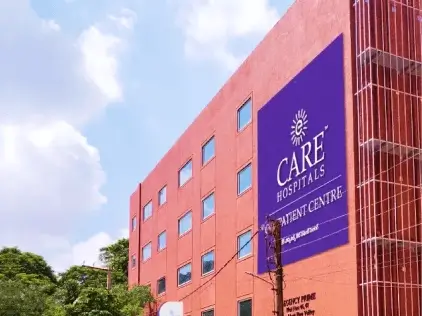
CARE Hospitals Outpatient Centre, HITEC City, Hyderabad
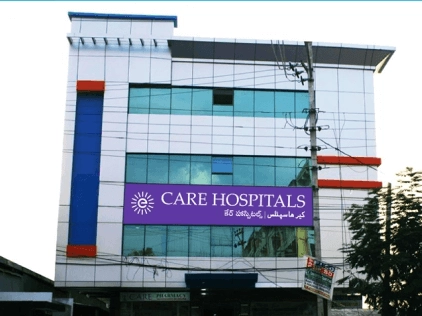
Gurunanak CARE Hospitals, Musheerabad, Hyderabad
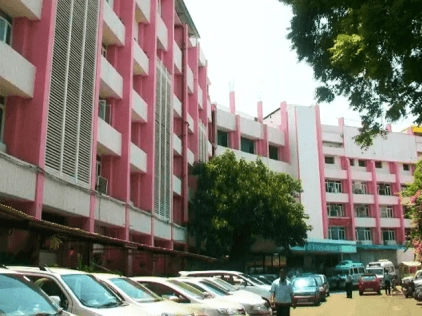
CARE Hospitals, Nampally, Hyderabad
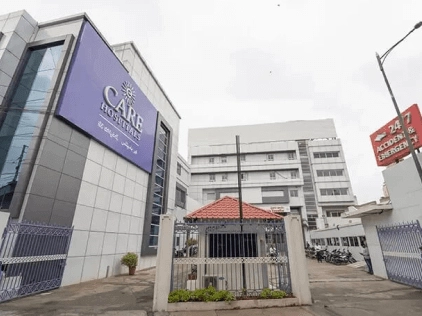
CARE Hospitals, Malakpet, Hyderabad
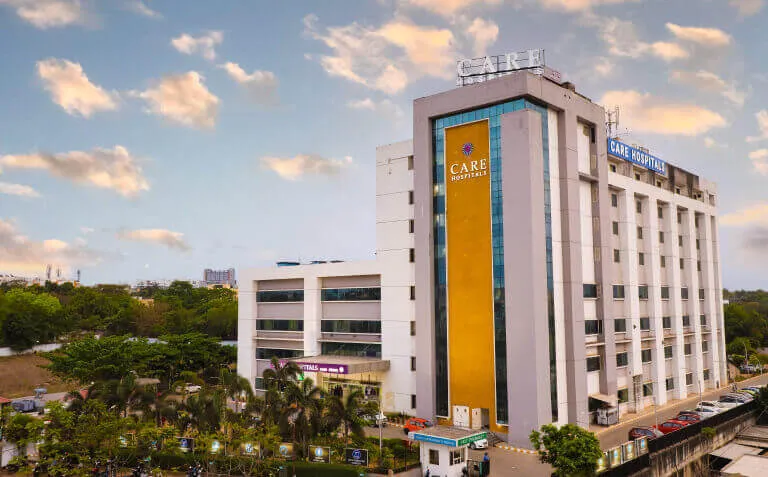
CARE Hospitals, Bhubaneswar
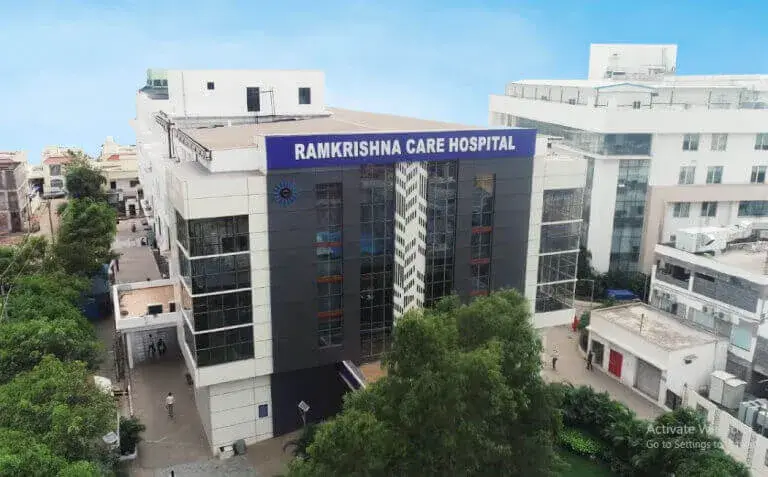
Ramkrishna CARE Hospitals, Raipur
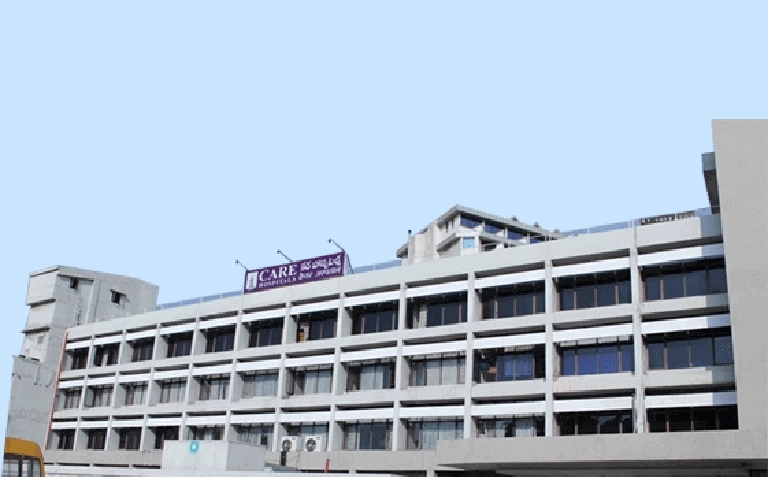
CARE Hospitals, Ramnagar, Visakhapatnam
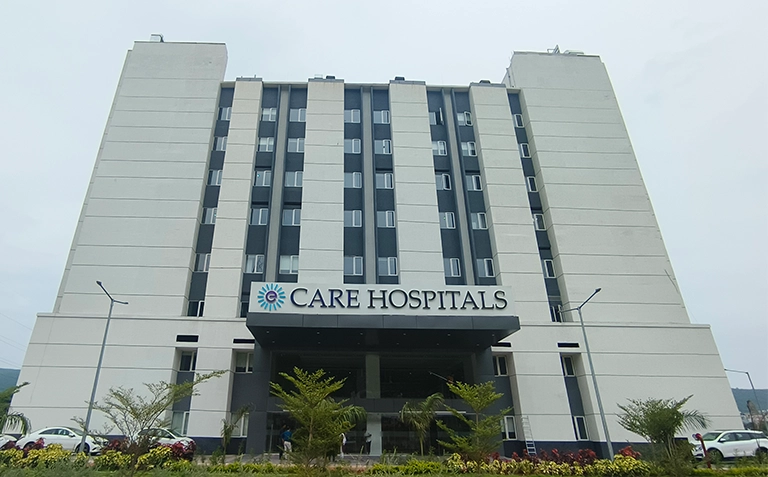
CARE Hospitals, Health City, Arilova
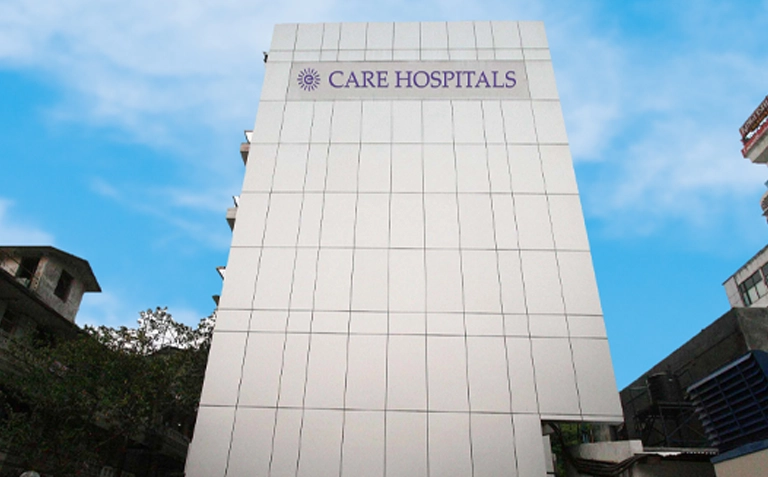
Ganga CARE Hospital Limited, Nagpur
Related Surgeries
- Best Hospitals for Cesarean Delivery in Hyderabad
- Best Hospital for Vaginal Hysterectomy in Hyderabad
- Best Hospital for Cholecystectomy Surgery in Hyderabad
- Best Hospital for Colectomy Surgery in Hyderabad
- Best Hospitals for Colostomy Surgery in Hyderabad
- Best Hospitals for Laparotomy Surgery in Hyderabad
- Best Hospital for Parotidectomy Surgery in Hyderabad
- Best Hospitals for Ovarian Cancer Surgery in Hyderabad
- Best Hospitals for Pancreatectomy Surgery in Hyderabad
- Best Hospitals for Sigmoidoscopy Surgery in Hyderabad
- Best Hospitals for Endometrial Cancer Surgery in Hyderabad
- Best Hospitals for Whipple Surgery in Hyderabad
- Best Hospitals for Thyroidectomy Surgery in Hyderabad
- Best Hospitals for Cardioversion Procedures in Hyderabad
- Best Hospitals for Pacemaker Insertion Surgery in Hyderabad
- Best Hospital for Endovenus Laser Surgery in Hyderabad
- Best Hospitals for Atrial Septal Defect Surgery in Hyderabad
- Best Hospital for Video-Assisted Thoracoscopic Surgery in Hyderabad
- Best Hospital for Ventricular Septal Defect Surgery in Hyderabad
- Best Hospital for Heart Valve Replacement Surgery in Hyderabad
- Best Hospital for Thoracotomy Surgery in Hyderabad
- Best Hospitals for Pericardiectomy Surgery in Hyderabad
- Best Hospitals for Aortic Valve Replacement Surgery in Hyderabad
- Best Hospitals for Mitral Valve Replacement Surgery in Hyderabad
- Pneumonectomy Surgery in Hyderabad
- Spinal Fusion Surgery in Hyderabad
- Best Hospitals for Ankle Surgery in Hyderabad
- Best hospital for carpal tunnel release surgery in Hyderabad
- Best Hospitals for Ligament Repair Surgery in Hyderabad
- Best Hospitals for Elbow Surgery in Hyderabad
- Best Hospitals for Arthroscopic Meniscal Repair Surgery in Hyderabad
- Best Hospitals for Laminectomy Surgery in Hyderabad
- Best Hospital for Bladder Suspension Surgery in Hyderabad
- Best Hospital for Oesaophagectomy Surgery in Hyderabad
- Best Hospitals for Roux-en-Y Gastric Bypass in Hyderabad
- Best Hospitals for Small Bowl Resection in Hyderabad
- Best Hospitals for Vasectomy in Hyderabad
- Best Hospital for Tubal Ligation Surgery in Hyderabad
- Best Hospitals for Endometrial Ablation Surgery in Hyderabad
- Best Hospital for Arthroscopy Surgery in Hyderabad
- Best Hospital for Choledochocystectomy Surgery in Hyderabad
- Best Hospital for Choledochojejunostomy Surgery in Hyderabad
- Best Hospital for Choledocoduodenostomy Surgery in Hyderabad
- Best Hospital for Circumcision Surgery in Hyderabad
- Best Hospital for DJ Stent Removal Surgery in Hyderabad
- Best Hospital for Fistula Surgery in Hyderabad
- Best Hospital for Hiatus Hernia Surgery in Hyderabad
- Best Hospital for Incisional Hernia Surgery in Hyderabad
- Best Hospital for Laparoscopic Hysterectomy Surgery in Hyderabad
- Best Hospital for Laser Prostatectomy Surgery in Hyderabad
- Best Hospital for Open Reduction Internal Fixation (ORIF) Surgery in Hyderabad
- Best Hospital for PCNL Surgery in Hyderabad
- Best Hospital for Penile Implant Surgery in Hyderabad
- Best Hospital for Piles Surgery in Hyderabad
- Best Hospital for Pilonidal Sinus Surgery in Hyderabad
- Best Hospital for Peroral Endoscopic Myotomy Surgery in Hyderabad
- Best Hospital for Retrograde Intrarenal Surgery in Hyderabad
- Best Hospital for Spine Decompression Surgery in Hyderabad
- Best Hospital for Squint Eye Surgery in Hyderabad
- Best Hospital for Thyroplasty Surgery in Hyderabad
- Best Hospital for Turp Surgery in Hyderabad
- Best Hospital for Ureteroscopic lithotripsy Surgery in Hyderabad
- Best Hospital for Vitrectomy Surgery in Hyderabad
- Best Hospital for VP Shunt Surgery in Hyderabad
- Best Hospital for Wisdom Tooth Surgery in Hyderabad
- Best Hospitals for Oophorectomy in Hyderabad
Frequently Asked Questions
MVR surgery is a procedure to repair or replace the mitral valve in the heart when it's not functioning properly, affecting blood flow between the left atrium and left ventricle.
The MVR surgery duration varies depending on the specific procedure, typically ranging from 3 to 5 hours for traditional surgery and potentially less for minimally invasive approaches.
While rare, risks may include bleeding, infection, stroke, and valve-related complications. Our surgical team takes every precaution to minimise these risks.
Recovery time varies. But most patients can return to normal activities within 4-6 weeks after surgery. Complete recovery may take 2-3 months.
While some discomfort is expected after surgery, our expert pain management team ensures you're comfortable throughout your recovery.
Doctors prefer mitral valve repair if possible, as it preserves the patient's valve tissue. However, the best option depends on the specific condition of the valve and overall patient health.
Yes, for suitable candidates, minimally invasive techniques, including robotic-assisted surgery, can offer smaller incisions and potentially faster recovery.
Following their doctor's guidance, most patients can gradually resume normal activities within 4-6 weeks.
Medication needs vary. Patients with mechanical valves will need lifelong anticoagulation. Those with biological valves or repairs may need fewer long-term medications.
Most insurance plans cover medically necessary mitral valve surgeries. Our cardiac dedicated team works closely with leading insurance providers to facilitate the pre-authorisation process, ensuring that your coverage is aligned with the surgical costs.
Still Have a Question?















